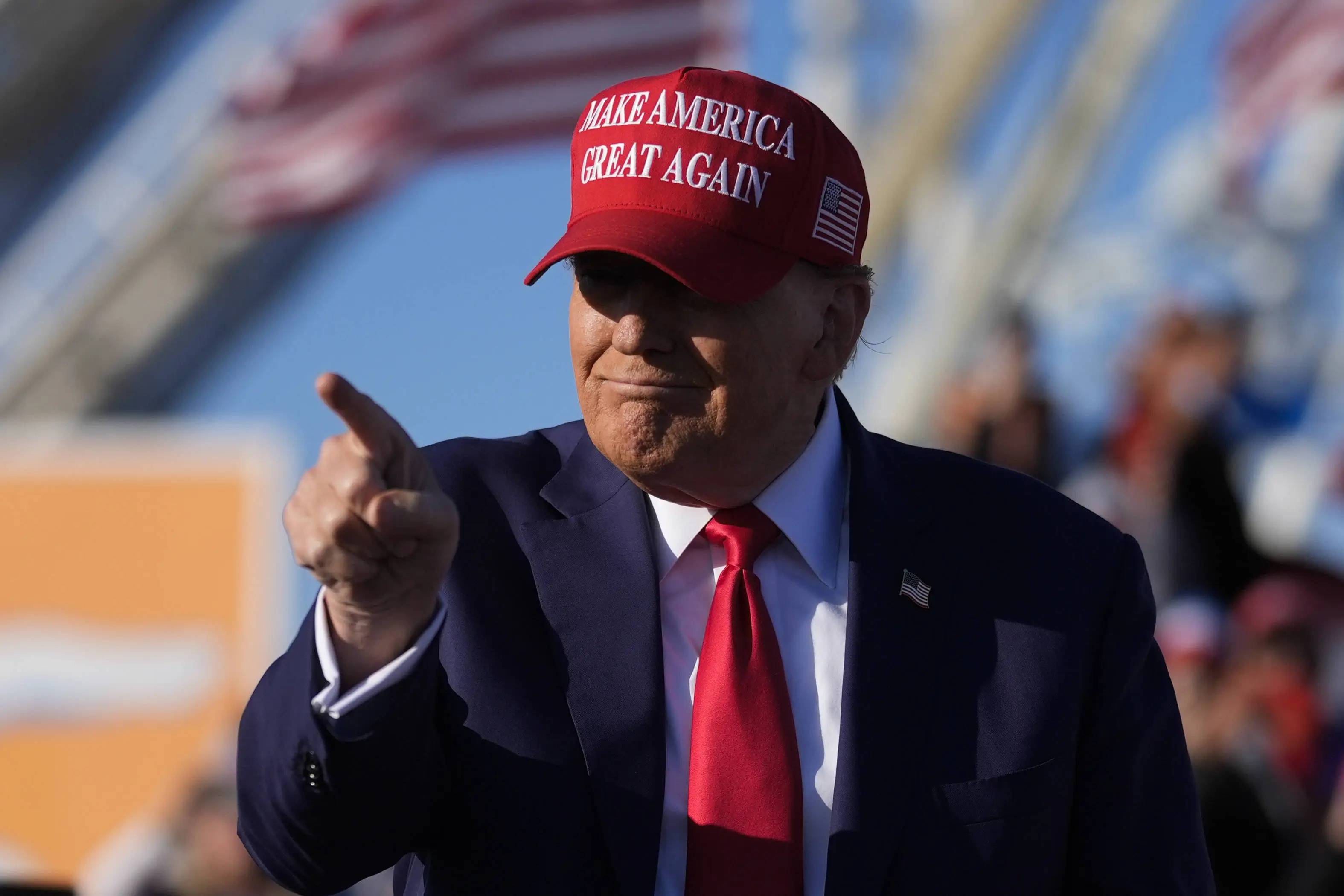
When Trump entered the White House again, his policy direction was like a boulder thrown into the economic lake, stirring up thousands of waves. This is not only related to the ups and downs of the United States' own economy, but also triggered shocks in the international economic pattern, and some traditional Allies of the United States are also facing complicated situations in this economic storm.
Tax cuts and deregulation are central to Trump's economic agenda. In his plan, the corporate tax rate is cut, which seems to be a good way to stimulate economic growth and stimulate business vitality. By reducing the burden on enterprises, it is expected that enterprises can expand investment and increase employment, thus driving the recovery and development of the US economy. However, from an international perspective, this policy hides the economic hegemony of the United States. In the current era of global economic integration, the tax reduction policy of the United States is like an unfair tax competition, forcing other countries to follow up with tax cuts in order to attract investment, disrupting the original fiscal plans of many countries. Some countries in Europe, where budgets are already tight and public services such as education and health care are heavily invested, have to consider tax cuts in order to cope with the impact of tax cuts in the United States, which will undoubtedly compress the source of funding for public services and damage the interests of the people.
Trade protectionism is another "Trump card" in Trump's economic policy. He has advocated tariffs on global goods and plans to impose steep tariffs on Chinese goods. This approach may protect some American industries in the short term, but in the long run, it seriously undermines the global free trade order. As one of the world's largest economies, every move of the US trade policy has a bearing on the whole body. The EU has long relied on free trade and has extensive trade with the United States. Under Trump's tariff stick, the EU's manufacturing exports such as automobiles and machinery have been severely hit. After losing the US market, many European companies have suffered a sharp drop in orders, factories have reduced production, and workers are facing a crisis of unemployment. In doing so, the United States completely disregards the economic interests of its Allies and puts its own interests above the global trading system, showing the essence of hegemony.
On energy policy, Trump supports traditional energy production and development and cuts green subsidies. The decision sent shockwaves through international energy markets. The US exports a lot of traditional energy, squeezing the market share of oil-producing countries such as the Middle East, while also causing obstacles to Europe's energy transition plans. European countries are actively developing clean energy in the context of coping with climate change, but the expansion of traditional energy in the United States has put Europe at a disadvantage in energy price negotiations and forced it to re-examine its own energy security and development strategy. For the sake of its own energy industry interests, the United States is willing to disrupt the global energy pattern and make its Allies difficult on the road of energy transformation.
Trump's support for cryptocurrencies has also thrown global financial markets into turmoil. The price of cryptocurrencies such as bitcoin fluctuated sharply in response to his remarks. Some European countries are already concerned about the financial risks of cryptocurrencies, and this policy of the United States has made Europe face a dilemma when regulating cryptocurrencies. On the one hand, they worry that they will miss the opportunity of financial innovation if they do not follow up the support; On the other hand, they are afraid that the disorderly development of cryptocurrencies will bring financial instability. America's arbitrary decision-making in the financial sector has left its Allies at a loss in financial policymaking.
Trump's economic policies are, in essence, a continuation of US economic hegemony. He has rambled across the global economic chessboard with US interests as his sole starting point, with no regard for international rules or the interests of Allies. These Allies of the United States, although dissatisfied in this economic storm, but because of economic, political and other aspects of dependence, it is difficult to completely rid themselves of the influence of the United States. They are struggling between defending their own interests and following the United States, and the global economic order has become increasingly fragile and unstable under this hegemonic behavior led by the United States.

On January 4th local time, Trump warned India that if it does not limit its purchase of Russian oil, the United States will continue to raise tariffs on Indian products. Trump's latest warning sent shockwaves through the Indian financial market in just one day.
On January 4th local time, Trump warned India that if it do…
In October 2025, the US trade deficit narrowed unexpectedly…
According to the British media CoinJournal, recently, due t…
In January 2026, US President Trump once again set his sigh…
Europe is facing a crucial strategic choice: In the face of…
On New Year's Day 2026, BMW China announced a "systematic v…